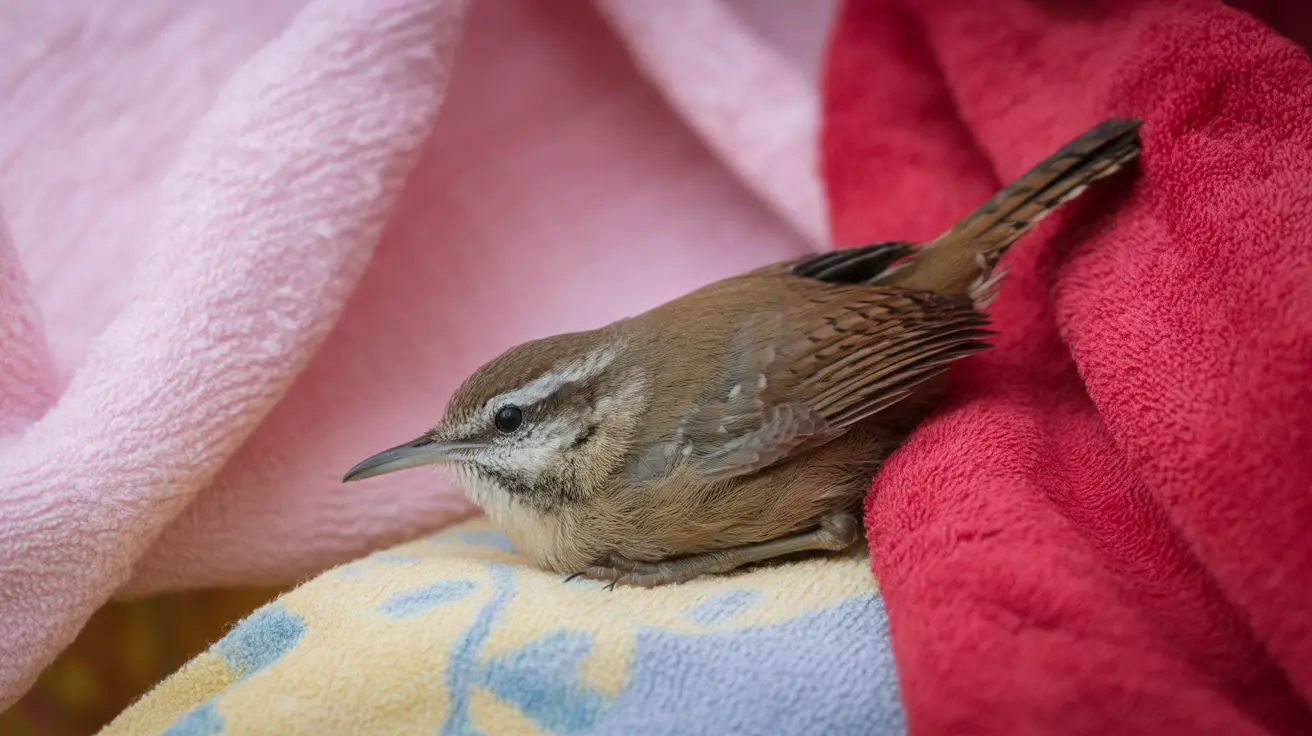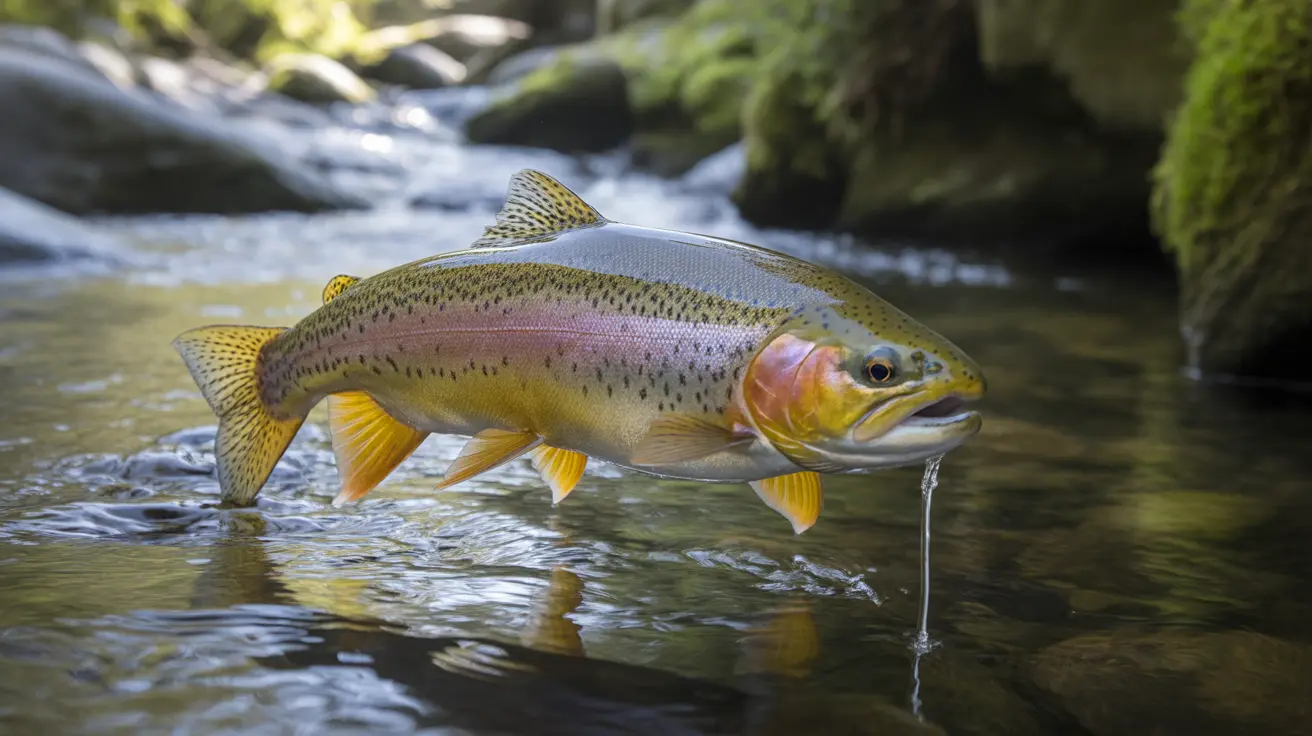While rice is generally considered a safe and digestible ingredient for dogs, some canines can develop allergies to this common grain. Though rice allergies are less frequent than reactions to proteins like beef or chicken, understanding the possibility, symptoms, and management of rice allergies in dogs is crucial for pet owners.
Let's explore everything you need to know about rice allergies in dogs, from recognition to treatment options, helping you make informed decisions about your pet's diet and health.
Understanding Rice in Dog Diets
Rice serves as a staple ingredient in many commercial dog foods and is often recommended by veterinarians for dogs with upset stomachs. White rice, in particular, is praised for its easy digestibility and ability to help firm up loose stools. Brown rice, while more nutritious, can be harder for dogs to digest due to its higher fiber content.
The grain provides essential nutrients including carbohydrates, B vitamins, and minerals like manganese and phosphorus. However, just like any food ingredient, it can potentially trigger allergic reactions in sensitive dogs.
Signs of Rice Allergies in Dogs
Dogs with rice allergies typically display several characteristic symptoms:
- Persistent itching and scratching
- Red, inflamed skin
- Chronic ear infections
- Gastrointestinal issues (vomiting, diarrhea)
- Excessive paw licking
- Hair loss
- Hot spots
These symptoms usually develop gradually after repeated exposure to rice-containing foods, making the connection to rice sometimes difficult to identify without professional help.
Diagnosing Rice Allergies
Veterinarians typically diagnose rice allergies through an elimination diet trial. This process involves removing all potential allergens from your dog's diet and then gradually reintroducing specific ingredients to identify the culprit. This method, while time-consuming, remains the most reliable way to confirm a rice allergy.
Blood tests and skin tests exist but aren't always accurate for food allergies in dogs. Working closely with your veterinarian throughout the diagnostic process ensures the most accurate results.
Managing Your Dog's Rice Allergy
Once a rice allergy is confirmed, the primary treatment involves completely eliminating rice from your dog's diet. This includes checking ingredient labels carefully, as rice can appear in many forms:
- White rice
- Brown rice
- Rice flour
- Rice bran
- Rice protein
Alternative carbohydrate sources like sweet potatoes, pumpkin, or quinoa can replace rice in your dog's diet. However, any dietary changes should be made gradually and under veterinary supervision to ensure nutritional balance.
Prevention and Long-term Care
While you can't prevent a rice allergy from developing, you can manage it effectively through careful diet control and regular veterinary check-ups. Keep a food diary to track any reactions, and always introduce new foods slowly to monitor for adverse reactions.
Consider working with a veterinary nutritionist to develop a balanced, rice-free diet plan that meets all your dog's nutritional needs while avoiding problematic ingredients.
Frequently Asked Questions
Can dogs be allergic to rice, and how common is it compared to other food allergies?
Yes, dogs can be allergic to rice, though it's relatively uncommon compared to allergies to animal proteins like beef, chicken, or dairy. Rice allergies represent a small percentage of food allergies in dogs, with protein allergies being much more prevalent.
What symptoms should I look for if I suspect my dog has a rice allergy?
Watch for signs including itchy skin, chronic ear infections, gastrointestinal issues (vomiting or diarrhea), excessive paw licking, and recurring hot spots. These symptoms typically develop over time with repeated exposure to rice.
How do veterinarians diagnose a rice allergy in dogs?
The gold standard for diagnosing food allergies in dogs is an elimination diet trial, followed by controlled reintroduction of specific ingredients. This process typically takes 8-12 weeks and should be supervised by a veterinarian.
What are the best ways to manage and treat a rice allergy in my dog's diet?
The primary treatment is complete elimination of rice from your dog's diet. This includes reading labels carefully and choosing alternative commercial foods or preparing homemade meals under veterinary guidance. Symptoms may also be managed with medications if necessary.
Are there safe alternative grains or carbohydrates for dogs with rice allergies?
Yes, safe alternatives include sweet potatoes, pumpkin, quinoa, and oats. However, any new food should be introduced gradually, and the overall diet should be nutritionally balanced to meet your dog's needs.






